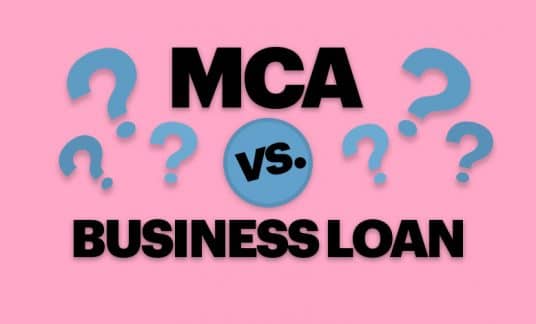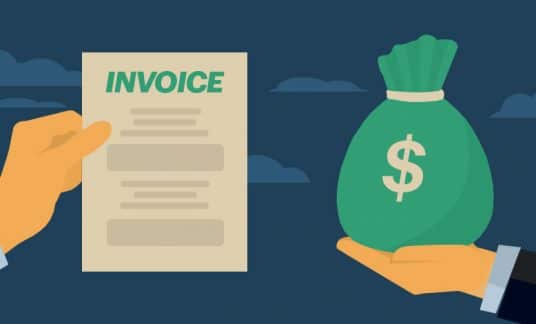When you operate a business, you’ll have questions about legal matters large and small. Whether you want to understand what your business’s organizational structure means come tax season or ensure your operating practices are adhering to state and federal codes, consulting with a lawyer — or keeping one on retainer — can be a wise investment. However, the average hourly rate for lawyers for a business ranges from $150-$1,000, which can be steep for a small business owner. The good news is there are ways to get low-cost or free legal advice for your small business.
Here are the resources that can help you get budget-friendly small business legal advice.
Government Resources for Free Legal Advice
If you’re looking to get free legal advice on situations you encounter running your business, the federal government offers several online resources to answer your questions and keep you abreast of the latest issues.
1. Federal Trade Commission
The Federal Trade Commission’s (FTC) website includes a Tips & Advice section with a Business Center subsection with documents, blog posts and reports covering various aspects of running a small business — from advertising and marketing to credit and finance to privacy and security.
The Business Center also has a Legal Resources section that catalogs court cases, reports and opinions on many businesses’ legal matters. Some of the cases include deceptive advertising, tip withholding and online ticket scalping.
2. Small Business Administration
If you have a straightforward question and can’t schedule a business lawyer for a free consultation, the Small Business Administration (SBA) website’s Legal Compliance section can help supply business legal advice. It provides information and documentation regarding internal record-keeping, state and federal tax filing and obtaining and maintaining business licenses and permits.
3. Internal Revenue Service
The Internal Revenue Service (IRS) Small Business and Self-Employed Tax Center is a comprehensive resource that can provide small business legal advice on various matters, from filing tax returns to how the Affordable Care Act and tax reforms impact your business. You can also review instructions for filing taxes according to your business’s legal structure and take part in web-based workshops and other tutorials for understanding and completing your taxes.
4. Americans with Disabilities Act Information
The Americans with Disabilities Act (ADA) ensures anti-discrimination protections and reasonable accommodations for workers and members of the public you serve through your business. The ADA directives impact several aspects of your business, from management to your office or store’s physical specifications. Consult the ADA’s Information and Technical Assistance website to help determine if your business complies with this legislation. The site posts documents that detail state and federal regulations under the ADA, as well as details about accessible physical site design standards.
5. Occupational Safety and Health Administration
Like the ADA, the Occupational Safety and Health Administration (OSHA) website provides business legal advice via information on how to stay compliant with governmental regulations regarding safe working conditions. The website’s Law and Regulations section is a trove of information on OSHA standards broken down by industry and comprehensive guides to overall rules.
These free government websites can be helpful because they host databases that hold the actual documents regarding the laws in question. However, laws are complex, and you might need further explanations about the business laws and regulations you’re reading.
In that situation, you might want to turn to online forums and communities for additional business law advice.

Online Forums and Communities for Free Business Legal Advice
You can also get free legal advice from many online legal forums and communities, usually in an “ask a lawyer”-style forum.
Note that these resources are free for finding surface-level small business legal advice on a variety of topics. For more in-depth business legal services, you’ll need to pay a small subscription or membership fee. RocketLawyer, for example, assists entrepreneurs in submitting legal forms as they create their company.
6. ‘Ask a Lawyer’
Like booking a business lawyer for a free consultation, “ask a lawyer” communities consist of licensed attorneys who answer questions on business-related topics. You can check out the following sites for free legal advice:
Attorneys who respond to your questions may provide surface-level small business legal advice that will point you in the right direction — and help avoid potential legal disaster.
7. Business Law Blog Sites
Websites such as Nolo.com and FindLaw.com publish information the general public, including business owners, can use for free legal advice. For example, Nolo offers a “small business” section with articles covering various business law concerns, including tax rules and litigation. FindLaw has several posts dedicated to protecting your small business during the COVID-19 pandemic, and it includes guidance on employer liability.

Local Resources for Free Legal Advice
Lawyers should provide up to 50 hours of pro bono legal services per year, according to an American Bar Association rule. Some states will mandate lawyers provide more or fewer than 50 hours. This practice helps ensure individuals with limited means and certain institutions can access free legal advice and representation. The following options can help you get free legal advice before retaining lawyers for your business.
8. Workshops and Virtual Consultations
Some lawyers or legal firms will host free or low-cost workshops where they cover various legal topics. It’s a good option for expanding your knowledge about certain aspects of business law, but not for highly-specific advice.
Some lawyers also offer free consultations via phone during certain days of the month or throughout the year. This can help connect you with free business legal advice, but you’ll likely be limited by how in-depth you can go with your questions during your session.
9. Legal Assistance from Law School Students
Some law schools will offer low- or no-cost individual or small business legal services to give students real-world experience as they work toward their degrees. Note that licensed attorneys or legal organizations supervise these students; because the students aren’t licensed, it’s unethical for them to independently give free legal advice to businesses.
10. Find a Business Lawyer for a Free Consultation
Most attorneys will provide a low-cost or possibly free initial consultation that will help you:
- Gain more insight into the knowledge you’ve gathered so far.
- Uncover the blind spots you have regarding the legal aspects of running a business.
This option is a great starting point or if you have simple matters you want to clarify. However, there’s really no such thing as a “free business lawyer,” and you might reach a point where you’ll want to retain legal services. The larger your business grows, the more complex your operations will become, and it’s better to pay to consult with or retain an attorney rather than try to handle matters on your own.











